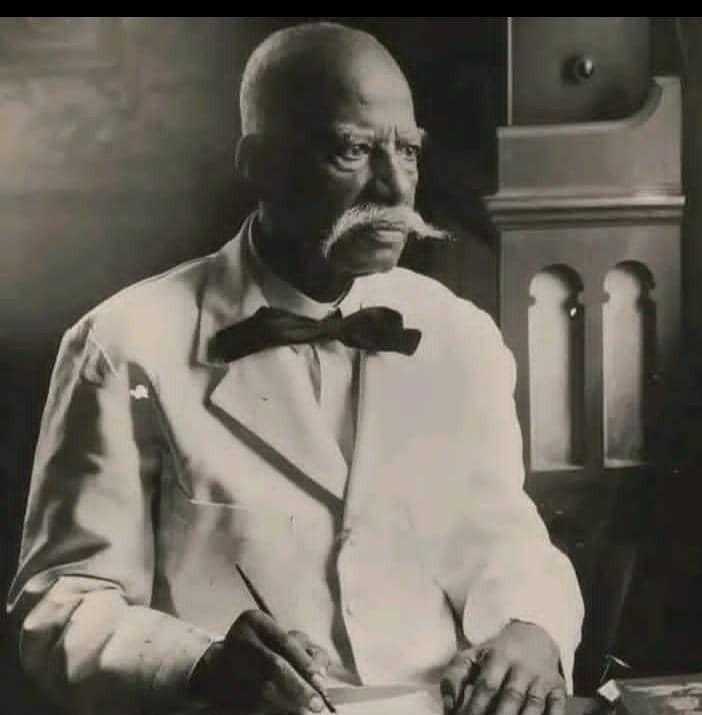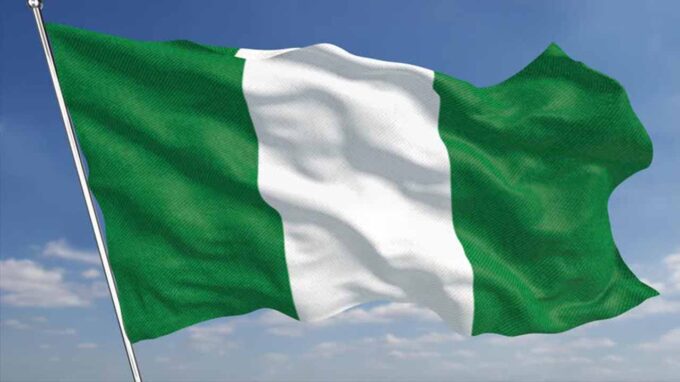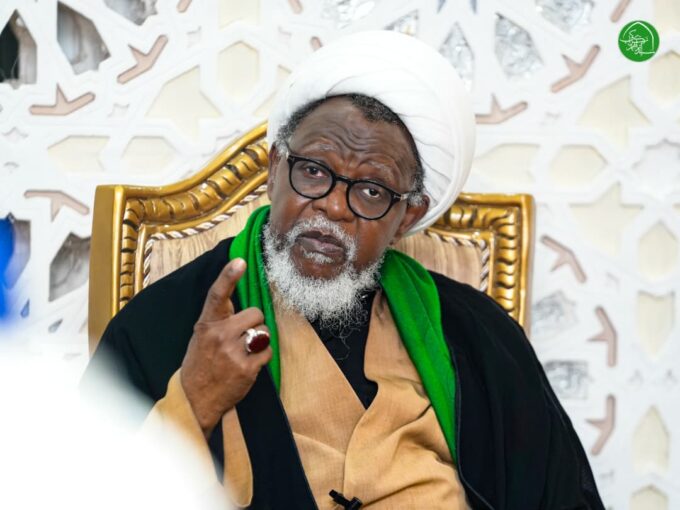The family of Herbert Macaulay, one of Nigeria’s foremost nationalists and remembered as the father of Nigerian nationalism, has rejected President Bola Ahmed Tinubu’s posthumous pardon.
The family described the gesture as unnecessary and stressed that Macaulay committed no offence against the Nigerian state to warrant forgiveness.
A family member said it is on record that Macaulay was wronged by the British colonial authorities, not by Nigeria, and therefore does not require any pardon from the country he helped to awaken.
The Federal Government had described the pardon as part of efforts to address past injustices and restore the honour of national figures whose reputations were tarnished under colonial rule.
Macaulay, born in 1864, was a surveyor, political activist, and founder of the Nigerian National Democratic Party (NNDP), regarded as the country’s first political party. He was sentenced in 1913 by the British colonial administration over allegations of mismanaging £350 from a client’s estate during a land dispute in Lagos. Many historians now believe the case was designed to silence his political voice.
The family contended that accepting the pardon would wrongly imply that Macaulay’s conviction was legitimate, when in fact it represented one of many colonial tools used to discredit African nationalists.
Public opinion on the family’s stance has been divided. Some Nigerians see the president’s action as a symbolic way of rewriting the colonial narrative, while others believe an apology or public recognition of Macaulay’s contributions would have been more reasonable.
Macaulay’s work in journalism, political organizing, and civil rights formed the foundation for Nigeria’s independence movement. He was a key voice for self-rule until his death in 1946, and his image on the one-naira coin is a timeless tribute to the patriot who, in the eyes of his family, needs no pardon to be honored.















Leave a comment